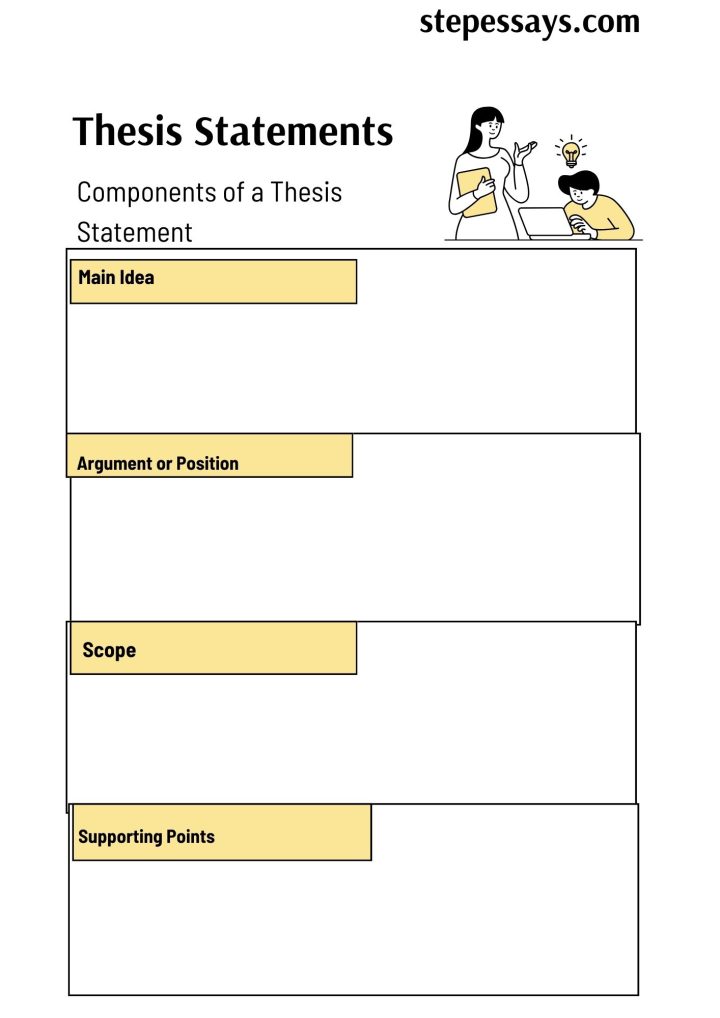Abstract:
In academic writing, the thesis statement serves as the backbone of an essay, research paper, or any scholarly work. It encapsulates the main argument or central idea that the author intends to convey. Understanding a thesis statement is crucial for both writers and readers, as it sets the tone, direction, and scope of the entire piece of writing. This comprehensive guide looks into the components of comprehending thesis statements, providing readers with a thorough understanding of its significance, components, and methods of analysis.
Introduction:
The thesis statement stands as a beacon, guiding readers through the labyrinth of academic discourse. Whether nestled at the beginning of an essay or subtly interwoven throughout a research paper, its presence is unmistakable, signifying the core message that the author seeks to communicate. However, to truly understand the essence of a thesis statement requires more than basic recognition; it demands a processed understanding of its structure, function, and implications. This essay endeavors to unravel the mysteries surrounding thesis statements, equipping readers with the tools necessary to decipher their meanings with precision and insight.

